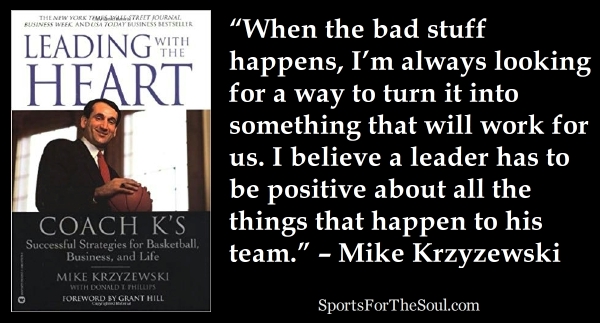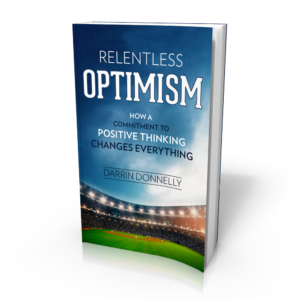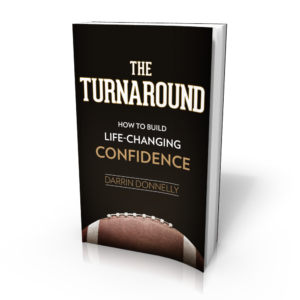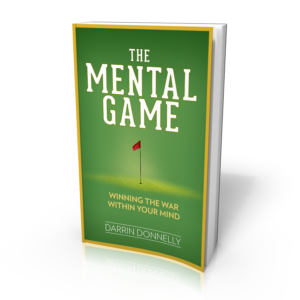 The difference between winning and losing—in sports, in business, and in life—usually comes down to the way you think. Big achievers think much differently than everyone else. They embrace a positive attitude while most people (consciously or not) develop a cynical attitude.
The difference between winning and losing—in sports, in business, and in life—usually comes down to the way you think. Big achievers think much differently than everyone else. They embrace a positive attitude while most people (consciously or not) develop a cynical attitude.
Positive thinking works. Study after study shows that optimists are generally happier, healthier, and wealthier than pessimists. Yet, people often get the wrong idea about what positive thinking is and how it works.
Winners don’t expect that if they just think positive thoughts they’ll never encounter any setbacks. That’s wishful thinking, not positive thinking—and it will only lead to discouragement.
No, winners expect to face adversity. And then they expect to learn from it and overcome it. They expect to get better because of it.
That’s how positive thinking works.
As a basketball coach, Mike Krzyzewski has won 1,071 games, 14 ACC conference championships, five NCAA National Championships, and three Olympic Gold Medals. Here’s how Coach K explains positive thinking and the winner’s mindset…
Both good and bad events will take place as the season progresses. When the bad stuff happens, I’m always looking for a way to turn it into something that will work for us. I believe a leader has to be positive about all the things that happen to his team.
Overcoming adversity is part of becoming successful. And dealing with losses, mistakes, and bad breaks is simply part of life.
The U.S. Military Academy taught me a very key principle: “Don’t worry about losing. Think about winning.”
In other words, even when you have a loss, you must ask yourself, “What is good about this? How can I turn a defeat into something that works for us?”
I don’t look at anything in the past as failure. I look at it as a great experience. Mistakes are part of the building process. Mistakes have to be made. How you act when you make a mistake is of paramount importance. That’s how both teams and individuals grow and improve.
Remember, sometimes adversity can work in your favor. Instead of feeling sorry for yourself and using it as an excuse, accept the situation and try to make the most of it. That’s how a team develops resilience and character.
— Mike Krzyzewski, from his book Leading with the Heart
Everyone faces adversity, but winners view that adversity as a building block. They find a way to turn every obstacle into an opportunity. Each mistake and failure is viewed as a stepping stone that gets them closer to their ultimate goals.
That’s what Coach K means when he says, “Don’t worry about losing; think about winning.”
It means when faced with adversity, you have a choice to respond with a positive mindset or a negative one. You can whine, complain, and blame others for the adversity. Or, you can find the good in the adversity. You can ask yourself, “How will this setback make me better, stronger, and wiser?”
There are only two ways to respond to every negative event—you can respond with optimism or pessimism. Successful people respond with optimism. Most people respond with pessimism. The choice is yours.






